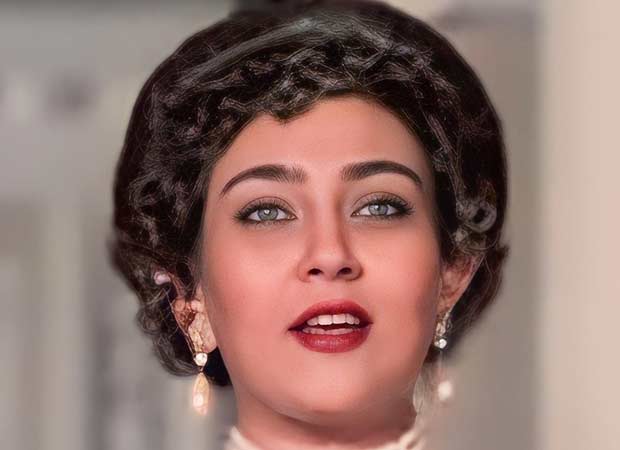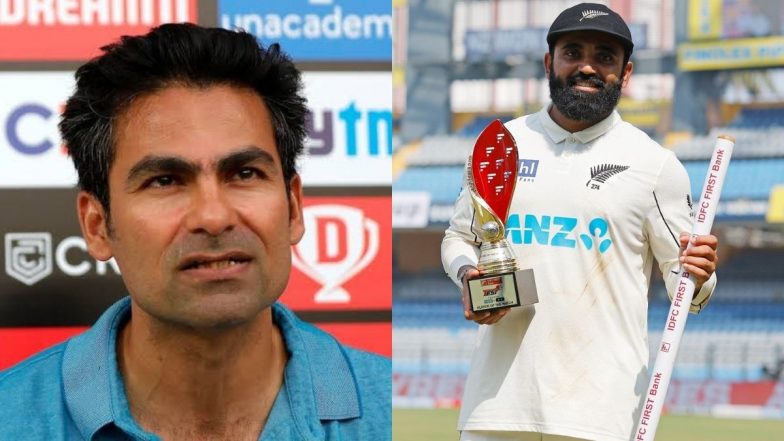When you decide to mount a production as spectacularly set, historically debated, and potentially unwieldy as Spike’s upcoming miniseries, Tut (which debuts on Sunday, July 19), you need to be seriously committed to the project—and possibly committed, too. Faced with the challenges of making three two-hour features in a 74-day time period in an unfamiliar landscape, the cast and crew bravely relocated to an awe-inspiring swath of Moroccan river valley that had been cut into the African landscape 30 million years ago, to bring to vibrant life the sands, scandal, and saga of King Tut and his Ancient Egypt. We chatted with the intrepid duo behind the miniseries, director-executive producer David Von Ancken and writer-executive producer Michael Vickerman, about everything from their rumored bromance—“we’re pretending to call you from two different phones, but we’re really sharing a hammock”—to being humbled and inspired by the ancient legend of a boy-king who lived 3,000 years ago.
On that one time in Morocco …
Michael Vickerman: We actually met for the first time at the airport on our way to Morocco exactly a year ago, when we first started scouting.
David Von Ancken: By the time we landed, it was like we were seeing the same movie, which with something the scope of this, is the most important thing. Very quickly, Michael and I were talking about the same things, finishing each other’s sentences, hooking our arms, splitting champagne bottles …
MV: He had me at hello. Seriously though, we complemented each other from the beginning. David’s first concern wasn’t about how many days or what the budget was; it was how were we going to tell the story. And that set us on the right foot.
DVA: I think if any of us knew how big it was a year ago, we would have had a greater pause in our enthusiasm.
MV: If we had known then, we probably would have blinked a few more times. [But] I was not intimidated by it; I was inspired. This story had not ever been told and all we saw was the end product of a really cool, fantastic adventure. But you just take it one step at a time and it always felt like we could reach that next step. And we did.
On casting their young pharaoh …
DVA: Avan was 22 when we were shooting and had this [great] presence of mind. But more importantly, he was always up for the work. There was a moment when we had 65 stunt guys [on set]. They’d been looking askance of Avan; you know, he’s a kid. But then he fell and cut his hand pretty nicely. Avan put a Band-Aid on it, finished the scene, and had the medic sew his hand up while he was eating lunch—with no anesthetic. And from that moment on, the stunt guys had a great respect for him. He was one of them.
MV: I credit Avan on so many levels, because he didn’t just come there to read the lines and do the part. He really immersed himself in Tut. And we just constantly felt blessed that we had the right guy.
On the road into the story …
MV: I read that the pyramids were built a thousand years before Tut was born and he had built a temple near them so he could gaze upon them … the same way we do now. That so humanized him [for me]. He’s not that far removed from our world—I mean, minus airplanes and iPads and a few other conveniences. He had the same hopes and dreams and fears and questions about the meaning of life that we do. And that was my road into the story. And I think one of the things that David responded to in the script is there’s a real allegory to a lot of themes in today’s world, whether it’s religious zealots, corrupt politicians …







